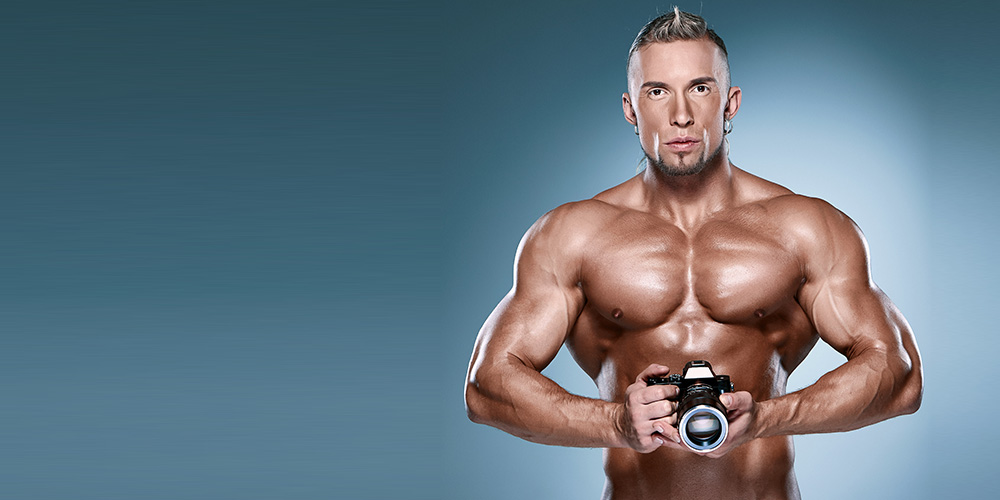Are You Macho Enough to go Ghost Hunting?

What does being machismo have to do with paranormal investigation? And how does that relate to modern-day paranormal reality shows?

What does being machismo have to do with paranormal investigation? And how does that relate to modern-day paranormal reality shows?